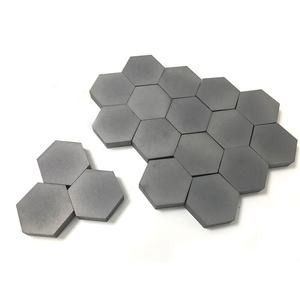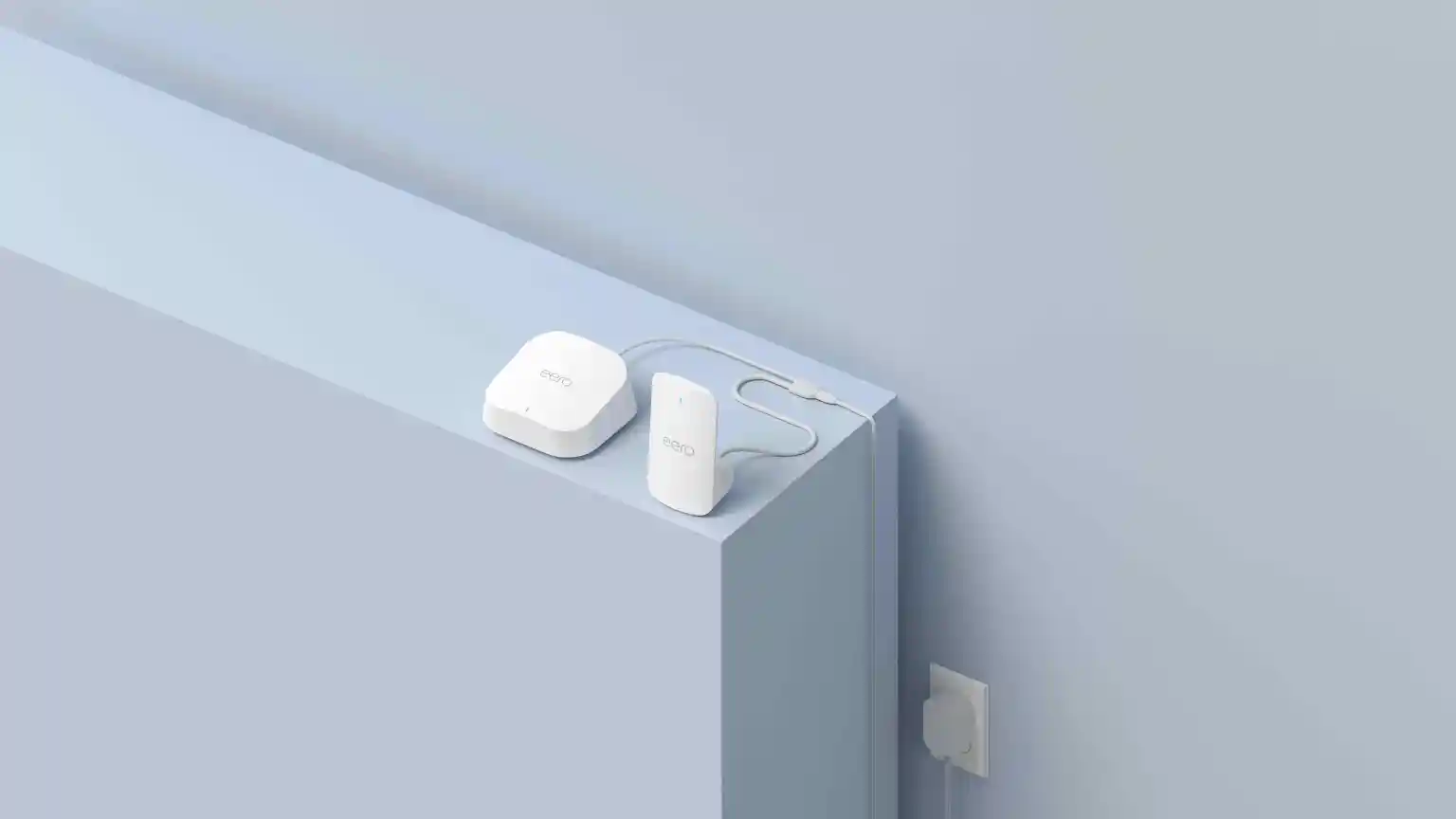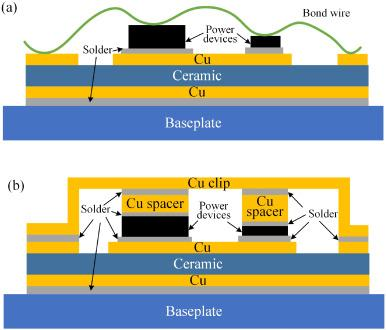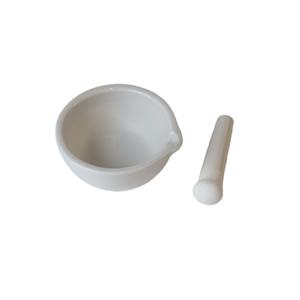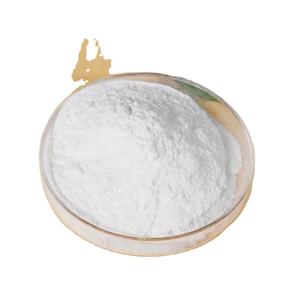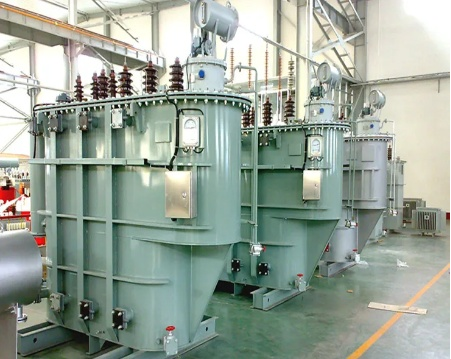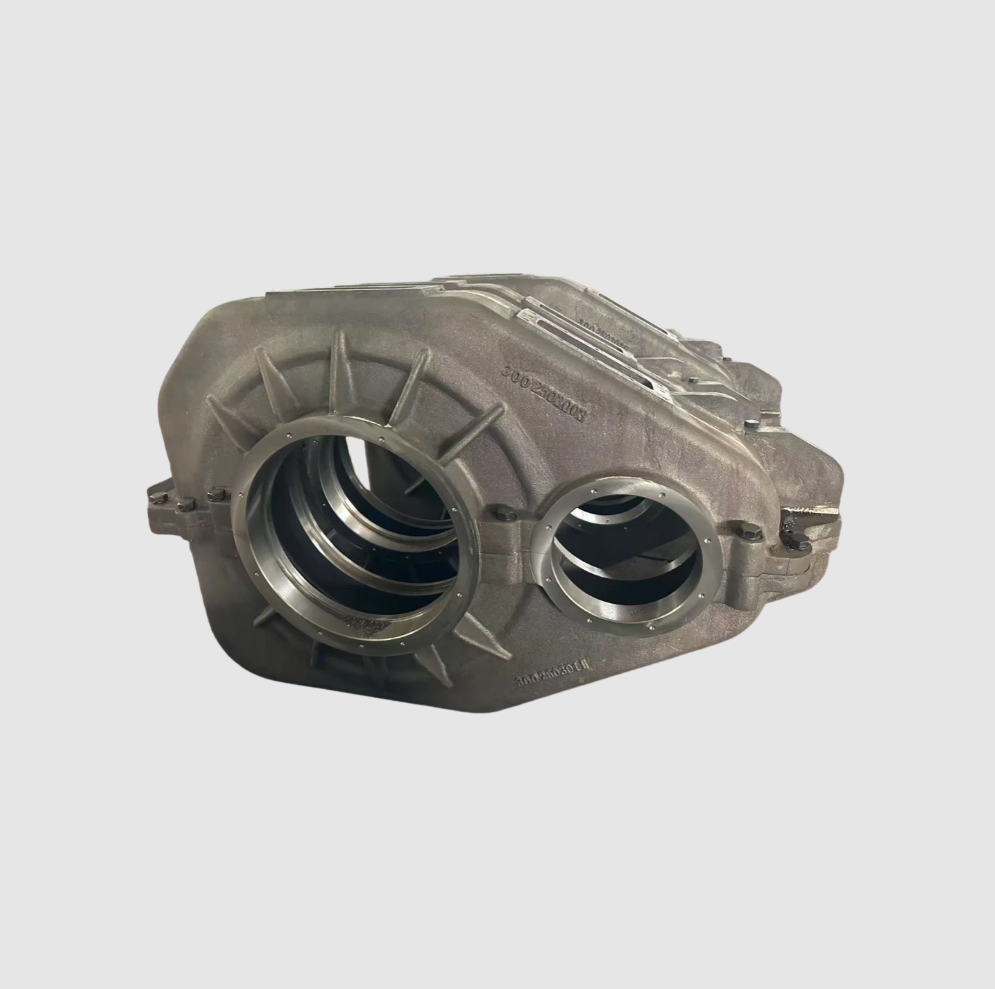
Every component in a train system should work well. This keeps the system safe and effective. Train spreading components are very crucial. They offer assistance, link points, and conduct signals. Their top quality influences how steady the railway network is. When you acquire these components for South Africa, South America, or Russia, you have to find excellent producers. To be successful, you need to understand the neighborhood technological regulations. Below are 5 crucial quality requirements you need to constantly adhere to.
1. Product Make-up & Mechanical Residences: The Structure of Top quality
The efficiency of cast iron depends on its specific chemical structure and spreading procedure, and need to fulfill the global or regional requirements of the target market. A reliable train spreading parts producer will give full product traceability.
1.1 Composition Specifications: Should follow criteria such as International Specifications (ISO), European Standards (EN), Russian GOST requirements, or those typically used in South America like IRAM (Argentina) and ABNT NBR (Brazil). The content of damaging elements like phosphorus and sulfur have to be purely regulated.
1.2 Mechanical Characteristics: Focus on tensile strength, return stamina, firmness, and prolongation. For ductile iron, refer to requirements such as ISO 1083, EN 1563, or GOST 28394. Purchase should require distributors to provide product certifications and mechanical examination records that comply with the target audience’s needs.
(Railway Cast Iron Gearbox)
2. Dimensional Accuracy & Resistance Control: Making Certain a “Perfect Fit”
Train projects worldwide have rigorous demands for dimensional interchangeability; any variance can impact system integration. Accuracy is a mark of exceptional railway casting suppliers.
2.1 Essential Measurements: All user interface dimensions and placing opening positions for all train casting components must be 100% checked.
2.2 Tolerance Standards: Ought to comply with worldwide acknowledged criteria like ISO 2768, or specific tolerance demands clearly agreed upon with the customer. For the Russian and CIS markets, special focus has to be paid to adhering to relevant tolerance specs in GOST 30893.
3. Limitations on Casting Problems: Eliminating Interior Hidden Dangers
The acceptance requirements for casting defects need to be plainly specified in agreements and based on internationally or regionally recognized specifications. Leading railway casting parts maker operations use rigorous non-destructive testing.
3.1 Surface Problems: Standards like ISO 8062 can be referenced for assessing spreading surface area quality. Splits, cool shuts, and various other problems impacting service are not allowed.
3.2 Interior Issues: For important load-bearing railway spreading elements, non-destructive screening (e.g., ultrasonic, radiographic) ought to be carried out according to criteria like ISO 4990, EN 12680, or the GOST R 55724 collection, with clear approval levels for flaws.
4. Metallographic Framework & Internal Top Quality
The tiny structure of the material is the crucial basis for judging whether its inner quality satisfies the standard. This is a crucial look for any type of specialist train spreading parts supplier.
4.1 Ductile Iron: The evaluation of nodularization rate need to comply with requirements such as ISO 945-1 or GOST 3443 to guarantee its mechanical residential or commercial properties satisfy the demands for use under complex working conditions.
4.2 Graphite Morphology & Matrix Framework: The metallographic assessment report is an important paper for confirming the stability of the production process and have to adhere to the appropriate international or local criteria.
(Railway Cast Iron Gearbox)
5. Anti-Corrosion Treatment & Surface Area High Quality: Withstanding Harsh Environments
Offered South Africa’s seaside high salinity, South America’s tropical rainforest humidity, and Russia’s severe cold and de-icing salts, anti-corrosion therapy for railway casting elements is critical.
5.1 Therapy Processes: Specify the kind of anti-corrosion process, such as hot-dip galvanizing (ISO 1461), epoxy layer, etc, and define essential signs like layer density, bond ( e.g., ISO 2409), and salt spray resistance ( e.g., ISO 9227).
5.2 Regional Specifications: Should pay attention to particular needs of the target market, such as Russia’s GOST 9.307 anti-corrosion system certification, or South Africa’s SANS (South African National Requirement) requirements. An international train casting producers will certainly know with these diverse demands.
Luoyang Fonyo Heavy Industries Co., Ltd. is a leading supplier of heavy industrial castings and components, concentrating on supplying high-grade steel spreadings, including carbon steel, high manganese steel, alloy steel, and heat-resistant steel castings. With a thorough solution version incorporating design, spreading, machining, and solution, Fonyo guarantees that each item satisfies strenuous high quality and performance requirements to please the requiring needs of various heavy industries.
If you are looking for a trusted supplier of Railway casting parts manufacturer, Luoyang Fonyo Heavy Industries Co., Ltd. is your ideal choice. Visit Fonyo’s official website (www.railwaypart.com) for more product information and technical support!
All articles and pictures are from the Internet. If there are any copyright issues, please contact us in time to delete.
Inquiry us


